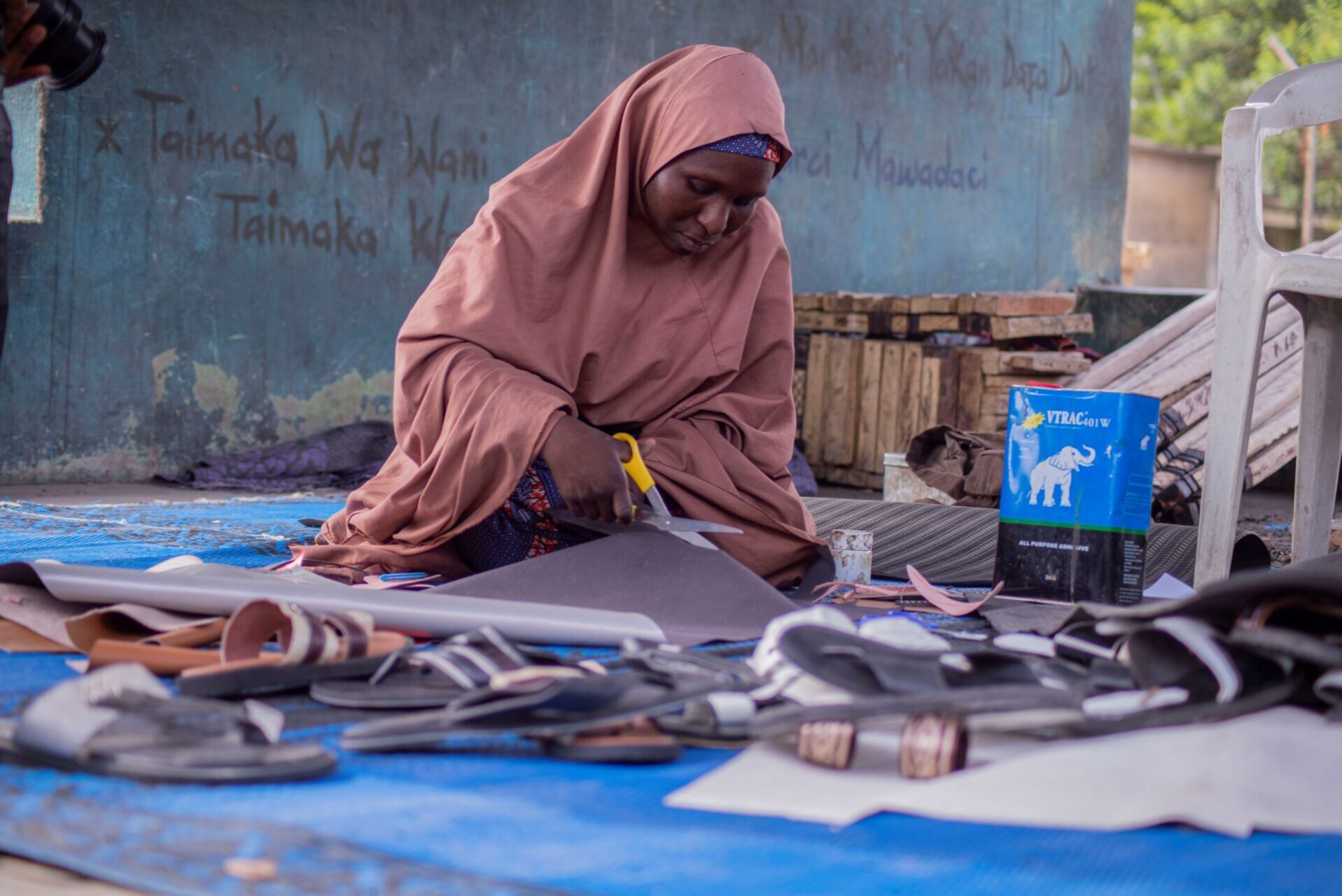
Meaningful Refugee Participation at the Global Refugee Forum
InterAction and ICVA Joint Global Refugee Forum Blog Series
The United Nations’ policy and decision-making processes are predominantly confined to exclusive spaces, with much of the work concentrated at its offices in Geneva and New York.
These elite forums are removed from realities on the ground and often exclude those with lived experience. Directly impacted individuals are frequently seen merely as beneficiaries of aid and often relegated to story-telling and informal advocacy spaces. However, in the past decades, movements led by Indigenous peoples, youth, and persons with disabilities have made significant strides in increasing their participation in relevant U.N. processes, ensuring they are engaged as active participants in shaping solutions that affect their lives.
Similarly, refugees and stateless individuals are among the directly impacted populations that have long advocated for meaningful participation in decision-making processes. These efforts predate the negotiations surrounding the Global Compact on Refugees (GCR) which marked a significant milestone for this movement. Paragraph 34 of the GCR asserts that:
“Responses are most effective when they actively and meaningfully engage those they are intended to protect and assist.”
Since its adoption, refugees and refugee-led organizations (RLOs), alongside various stakeholders, have continued to advance meaningful refugee participation (MRP), positioning it as an emerging norm within the global refugee system.
Continued efforts include the establishment of refugee advisory boards by five countries—Canada, the United States, Australia, Germany, and New Zealand—at the national level to engage with refugees in a meaningful, sustainable, and effective manner. These refugee advisory boards provide states with a group of advisors with lived experience and policy knowledge to join state delegations at global refugee meetings. The U.N. Refugee Agency (UNHCR) has also established the Advisory Board to the UNHCR Task Team on Engagement with Organizations led by Forcibly Displaced and Stateless Persons. New pledges were made in 2023 and 2024 under the Multistakeholder Pledge on Meaningful Refugee Participation, including commitments by Switzerland and Brazil to create refugee advisory boards.
MRP at the Global Refugee Forum
When the second iteration of the Global Refugee Forum (GRF) took place in December 2023, many had high expectations for meaningful refugee participation, as it is one of the largest and most significant gatherings on refugee issues. GRF 2023 saw a significant increase in the number of participants with lived experience of forced displacement—328 individuals participated in different capacities compared to 72 at the first GRF in 2019. This included the participation of the Advisory Board to UNHCR, a group of 70 refugee experts identified by UNHCR, and invitations to 50 RLOs and their delegations. Fourteen states also included refugees in their official delegations, the majority acting as refugee advisors.
Although the increase in numbers is a much-needed step, there are many questions that still must be answered: Was refugee participation at the GRF and its respective preparatory processes meaningful? Did participants with lived experience of forced displacement participating in the GRF have tangible influence over pledge development, side events, policy outcomes, and priorities? Or was it simply a perpetuation of the status quo?
To answer these questions Refugees Seeking Equal Access at the Table (R-SEAT) published a report titled, “We were seen, but were we heard?” Meaningful Refugee Participation at the GRF.
Room for Improvement
While refugees were more engaged and held more meaningful roles compared to 2019, much work remains to be done. Simply integrating refugees into existing power structures, without reforming the mechanisms that allow them to meaningfully influence policy processes, is insufficient. Moreover, challenges such as visa denials, travel restrictions, and logistical hurdles further limit refugee leaders’ access to decision-making spaces, severely hindering their participation.
R-SEAT’s assessment report provides key recommendations for all stakeholders that address these issues. States, UNHCR, non-governmental organizations, refugee leaders, and RLOs all have room to build on these gains, particularly in preparing for UNHCR’s High-Level Officials Meeting in 2025. This meeting will review progress on the GRF 2023 pledges.
One crucial question remains: how do we sustain refugee participation beyond the GRF? For real impact, refugees must have ongoing and substantial influence on policies that directly affect their lives. In addition to meaningful refugee participation in policymaking, stakeholders must invest in, partner with, and support RLOs in delivering programs and solutions. Achieving this will greatly enhance the effectiveness of the global refugee system. Future initiatives must ensure that refugees are not only seen but heard.
—
About the Authors
Marisa Leon Gomez Sonet is the Partnerships and Stakeholder Advisor at R-SEAT and has worked on policy and advocacy on migration, refugee, and human rights issues extending from the international sphere to the national, regional, and city levels. She has a master’s degree in Global Affairs, International Peace Studies, from the University of Notre Dame and a bachelor’s degree in Global Studies, International Development, from Salve Regina University in the United States.
Rose Worden is a Program Manager on the Humanitarian Policy team at InterAction.
For information regarding the Global Refugee Forum Blog Series, please contact Ellie Doblin (edoblin@interaction.org) and Issie Basile (issie.basile@icvanetwork.org).








